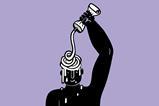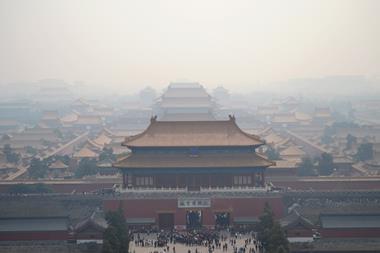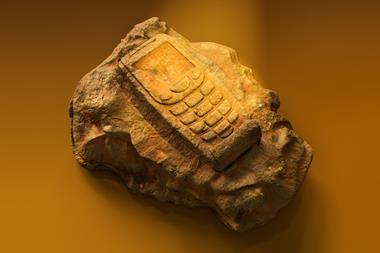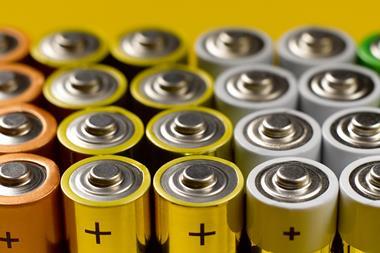The pandemic has shown that we can react quickly to complex problems – can we do it to avert a climate crisis?
As I write this, most of the UK has been plunged back into a strict lockdown, with businesses and schools closed across the country. It feels hard to see the light at the end of the tunnel, but we can be reasonably confident that, thanks to vaccines, life will return to normal – at some point.

But should we return to business exactly as usual? I certainly can’t wait to escape my bedroom–office and get back to cycling to my workplace–office and interacting with colleagues in person rather than in silico. I’m not sure whether my colleagues with longer commutes feel the same, however – will people be willing to lose time and money commuting again?
And of course that’s without considering the environmental impact of that commute, much of which in the UK is done by road in polluting fossil-fuelled vehicles. It’s probable that the pandemic and its associated restrictions on movement have been good for the environment. We previously reported on the reduced air pollution in locked-down countries, for example – and I can only dimly remember the last time I got on a plane.
A good many people, most of them a lot more qualified than me, have made the obvious point: if we can turn our society on its head – fairly quickly too – to protect the most vulnerable from a virus, why can’t we do it to protect our climate?
If you’re in any doubt that human activity is having an effect on the planet, Rachel Brazil’s article looks at how geologists are trying to pin down the exact markers they will use to measure the Anthropocene – the geological epoch so heavily affected by human activity. It’s a shocking indictment of our times that this is necessary, never mind the fact we have such an embarrassment of candidates to choose from in our waste and pollution. Would you prefer our society is remembered in radioactive byproducts of nuclear weapons tests or through plastic micropollution? It’s hardly an inspiring choice.
If you’re in any doubt that human activity is having an effect on the planet, Rachel Brazil’s article on p24 looks at how geologists are trying to pin down the exact markers they will use to measure the Anthropocene – the geological epoch so heavily affected by human activity. It’s a shocking indictment of our times that this is necessary, never mind the fact we have such an embarrassment of candidates to choose from in our waste and pollution. Would you prefer our society is remembered in radioactive byproducts of nuclear weapons tests or through plastic micropollution? It’s hardly an inspiring choice.
To return to that glimmer of hope in the distance, things are changing: fossil fuel cars are being phased out; more and more electricity is generated from renewable sources; we’ve realised the damage plastic pollution is doing. But the pace is slow – especially when compared with the whirlwind of changes we’ve lived through in the past year. Like planting trees, the best time to have done something was 20 years ago; the second best time is right now.

















No comments yet